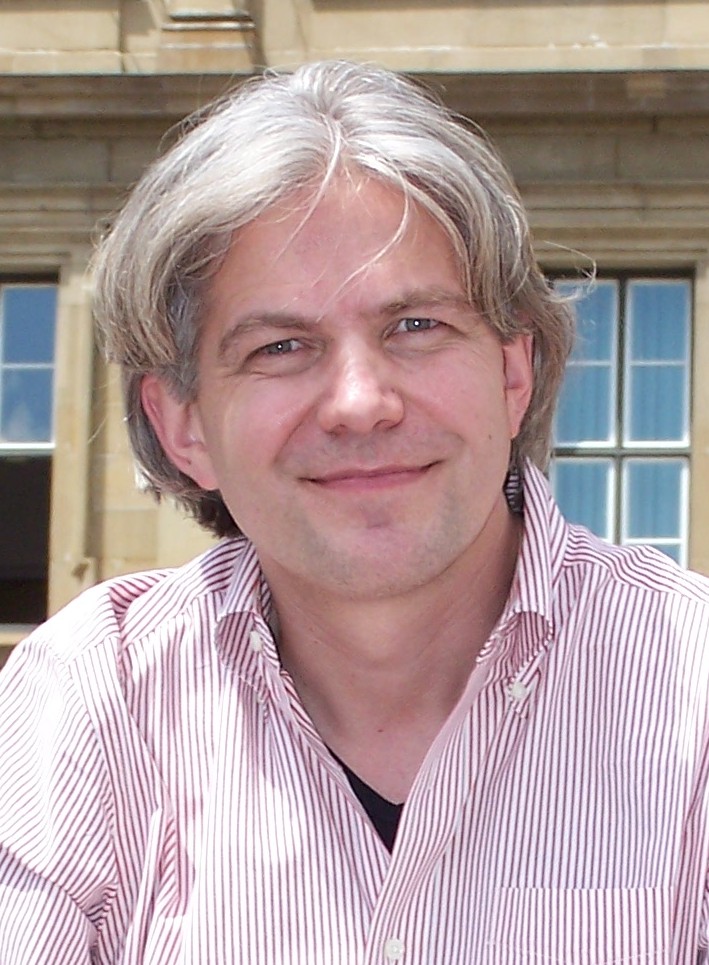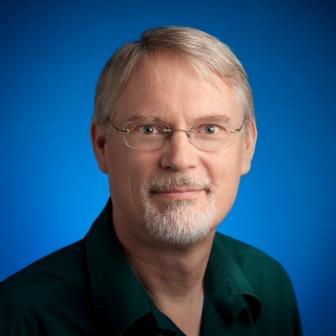Keynotes
Keynote talk #1: How to do systems research [Talk]

Peter Druschel, MPI-SWS
Keynote talk #2: How to give persuasive elevator pitches [Talk]

John Wilkes, Google
The 12th EuroSys Doctoral Workshop (EuroDW 2018) will provide a forum for PhD students to present their work and receive constructive feedback from experts in the field as well as from peers. Technical presentations will be augmented with general advice and discussions about getting a PhD, doing research, and post-doctoral careers. We invite applications from PhD students at any stage of their doctoral studies.
EuroDW 2018 will also offer the opportunity for what we call “mentoring moments.” The idea is to give graduate students a chance to talk one-on-one (or, in some cases, one-on-two) about their research with outstanding researchers beyond those available at the students' universities.
The goal of the workshop is to provide feedback and advice to PhD students both on technical aspects of their research as well as career development. We expect a range of attendees such as the present’s peers, as well as senior researchers who will attend to share their expertise. The idea is to create opportunities for students to meet with peers outside of their home institution, to get technical feedback as well as career advice from senior researchers in their field, to find out about internship and job opportunities, and to articulate their own work in a public, non-threatening forum. We encourage the participants to stay for the duration of the EuroSys main conference.
We expect most submissions to be from current PhD students who have selected a clear research topic. Research topics of interest include “systems” work in the broadest sense, including work on formal foundations, as well as the design, implementation and evaluation of real systems. Specifically, research topics of interest include, but are not limited to:
Note: the workshop is not a venue for publication; there will be no published proceedings.
Applicants will be divided into two groups:
Group A: plannersThis is for early-stage PhD students who are focused on research planning. For example, you may be surveying the literature to identify an important unsolved problem, or investigating the feasibility of a possible solution. At the workshop, planners will be expected to:
This is for students who are close to finishing their thesis and are thinking about how to write up their research. They may also be considering post-doctoral career options. At the workshop, finishers will be expected to:
All applicants can expect critical, but constructive, feedback on the presented research or research proposal. The posters will provide the opportunity to present more technical detail than is possible in a short presentation, and you can expect in-depth feedback on the work you describe. The participants will also have the option of displaying their posters throughout the main conference. We will match each student with a mentor — a senior researcher who will provide one-on-one feedback during a scheduled break (not necessarily on the workshop day; but including later during the conference).
If you would like to participate in the workshop, please submit your materials before the deadline. Submissions will receive written feedback from the PC, but the submission process is very lightweight and the main purpose is to put together the program and to match students with mentors.
Please submit the following materials together with the required information to the online submission site.
Group A:In addition, please include the following information in your submission form:
Keynote talk #1: How to do systems research [Talk]

Peter Druschel, MPI-SWS
Keynote talk #2: How to give persuasive elevator pitches [Talk]

John Wilkes, Google
0800 - 0845 hrs: Registration
0845 - 0900 hrs: Welcome and introductory remarks [presentation]
1100 - 1130 hrs: Coffee break
1300 - 1400 hrs: Lunch break

How to do systems research [Talk]
Peter Druschel, MPI-SWS
Note: This is a joint keynote talk with EuroSec'18, and CrossCloud'18 workshops.
1600 - 1630 hrs: Coffee break

How to give persuasive elevator pitches [Talk]
John Wilkes, Google
1800 - 2000 hrs: Welcome reception and poster session